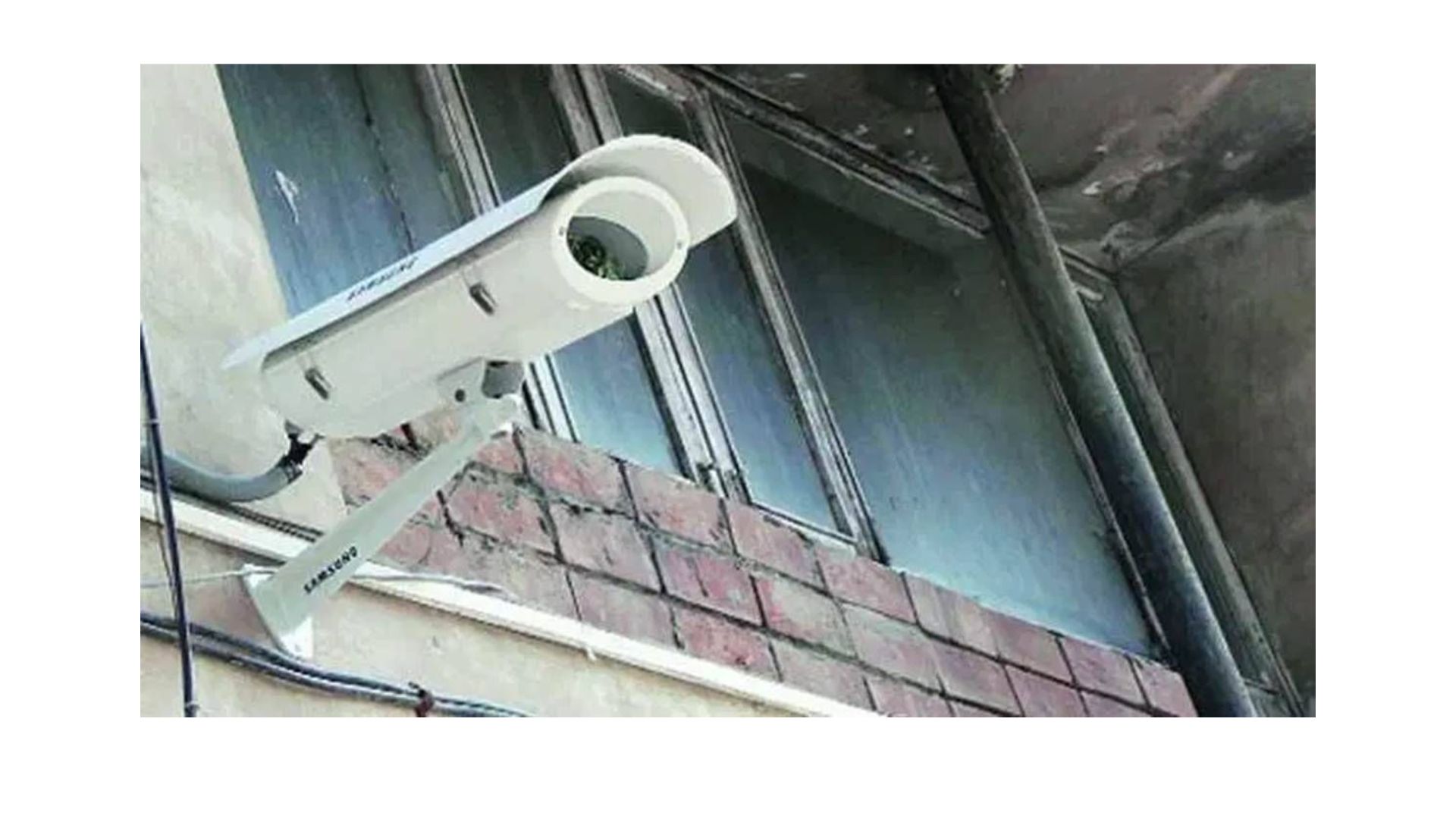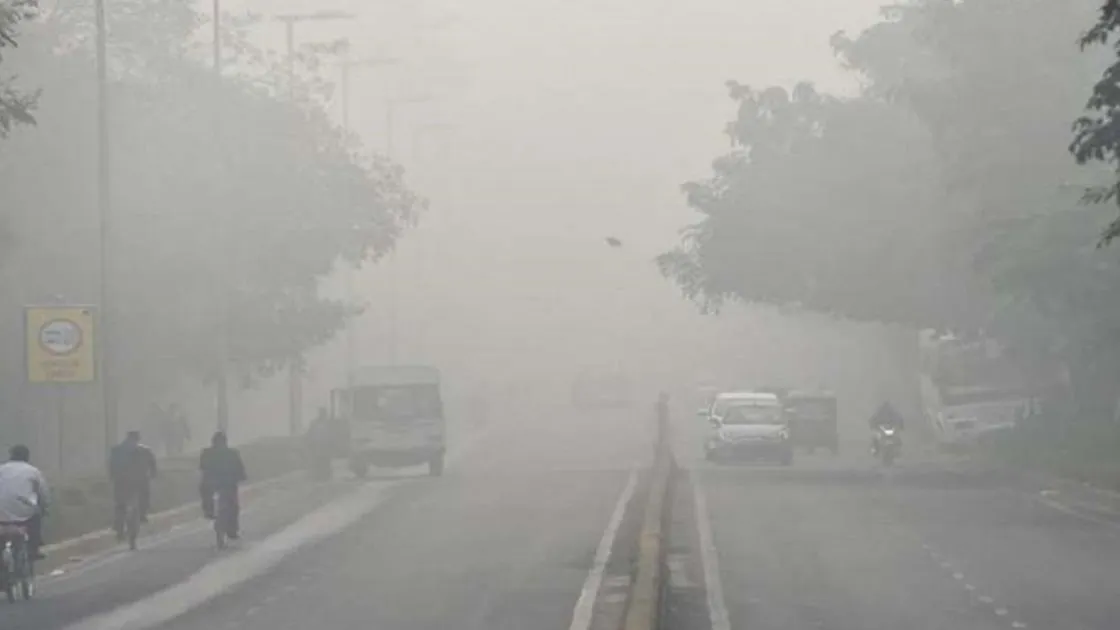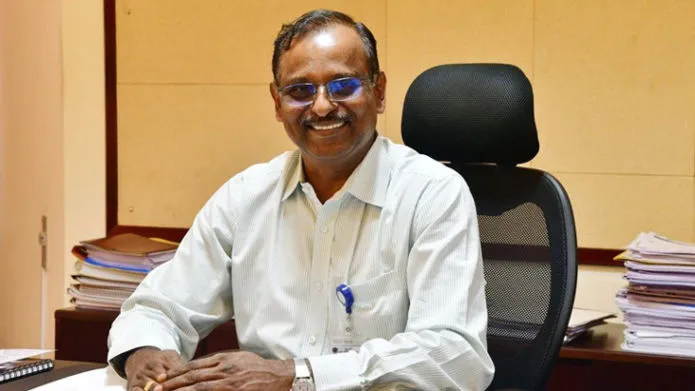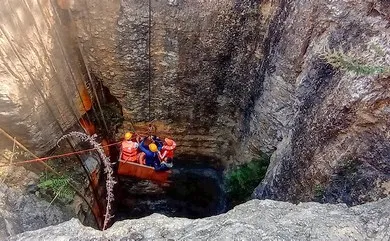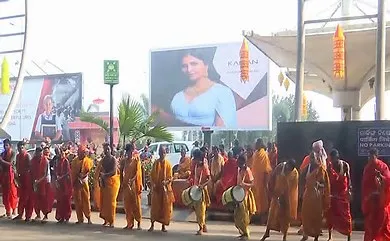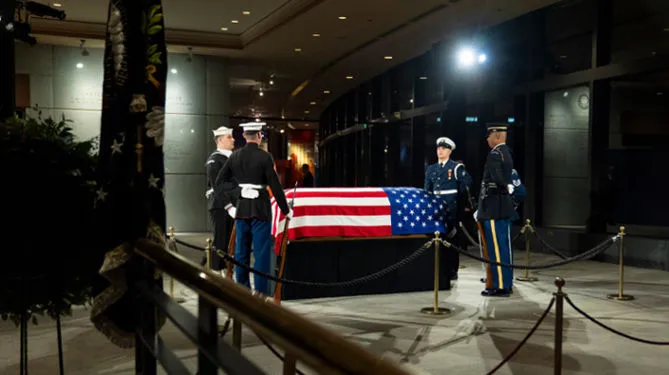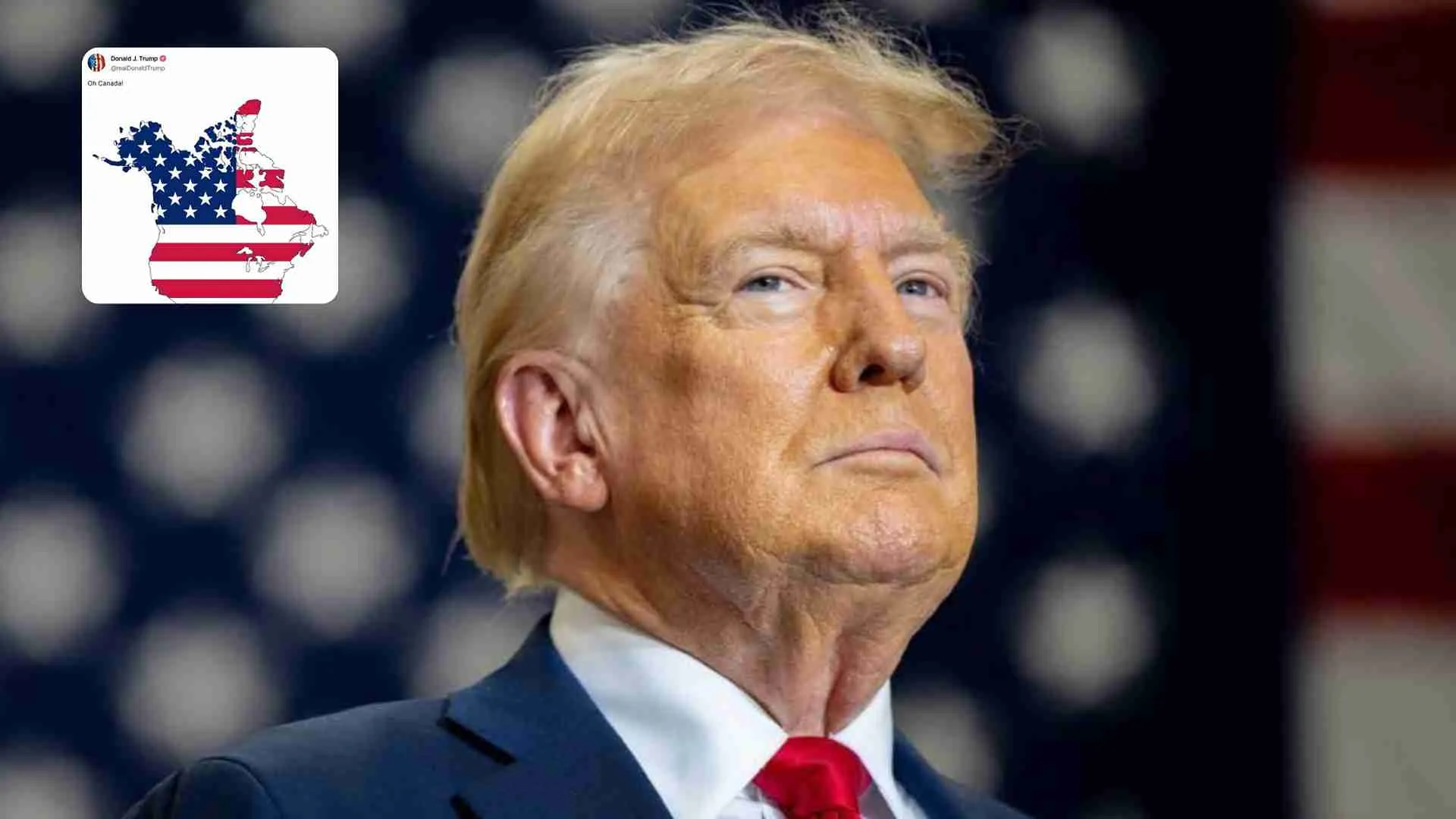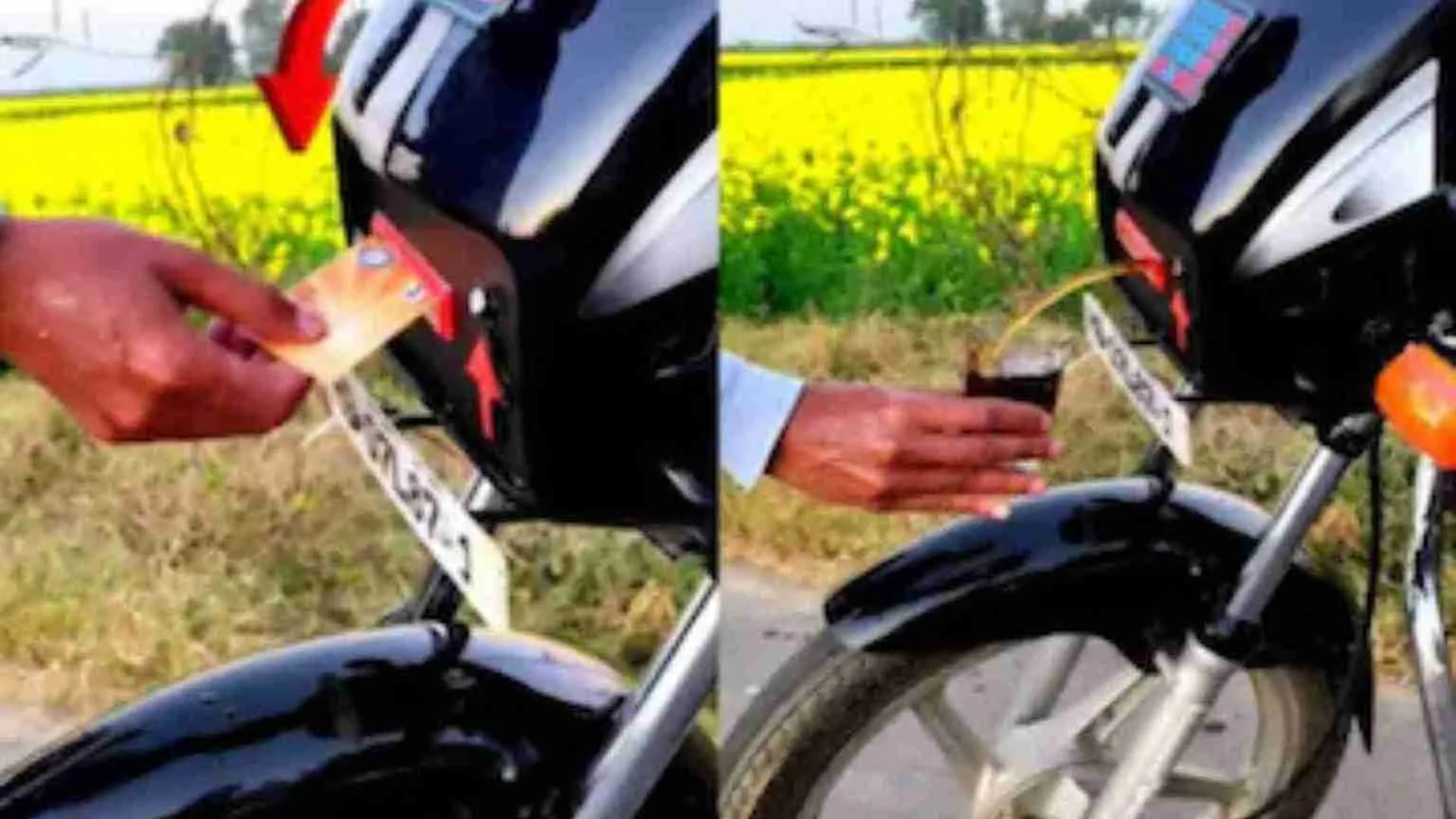In response to the tragic incident at RG Kar Medical College and Hospital in Kolkata, the Madhya Pradesh government has mandated the installation of CCTV cameras in all state-run medical colleges and hospitals. The decision aims to bolster security, particularly in sensitive areas such as gynecology wards where there is a higher presence of women.
Deputy Chief Minister and Public Health and Medical Education Minister, Rajendra Shukla, emphasized the importance of heightened vigilance, stating, “The incident in West Bengal has shaken everyone. We must act with greater sensitivity toward the safety of our doctors and patients. Therefore, instructions have been given to ensure that all medical colleges and hospitals are equipped with CCTV surveillance, particularly in areas with higher foot traffic and vulnerable populations. This will help in quickly identifying and apprehending those involved in criminal activities.”
The Madhya Pradesh government is committed to enhancing security, with a focus on creating a safe environment for female students, Shukla noted. Tightened security measures are being implemented across the state’s medical facilities to address safety concerns.
Regarding nighttime inspections, Shukla explained that deans and superintendents have been instructed to remain vigilant, maintaining constant oversight. Additional manpower will be allocated to institutions that are currently understaffed to ensure security measures are fully enforced. These efforts will extend to government hospitals as well.
On August 14, the Director of Medical Education issued specific guidelines to the deans of all medical colleges, which are to be implemented immediately. The guidelines call for CCTV cameras, adequate lighting, and security personnel in high-risk areas such as parking lots, basements, rooftops, and staircases. Strict control will also be imposed at entry and exit points to prevent the entry of unauthorized individuals.
Security personnel will conduct continuous patrols to monitor for any suspicious activities. Deans and superintendents are also required to perform night rounds to ensure campus security. Hospitals have been instructed to collaborate with local police for continuous monitoring and patrols. If a police post is located on campus, they are expected to actively contribute to ensuring security.
Furthermore, to minimize congestion in hospitals, only one attendant per patient will be allowed after 6 PM, with strict access control at hospital entrances and wards. These measures are intended to protect both patients and staff while maintaining order within medical facilities.

